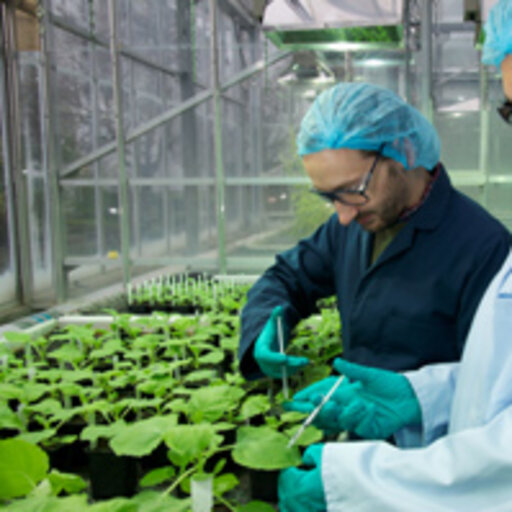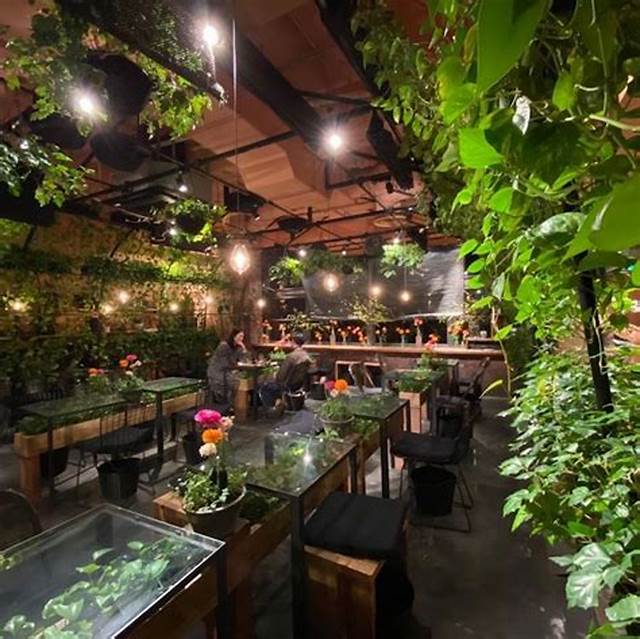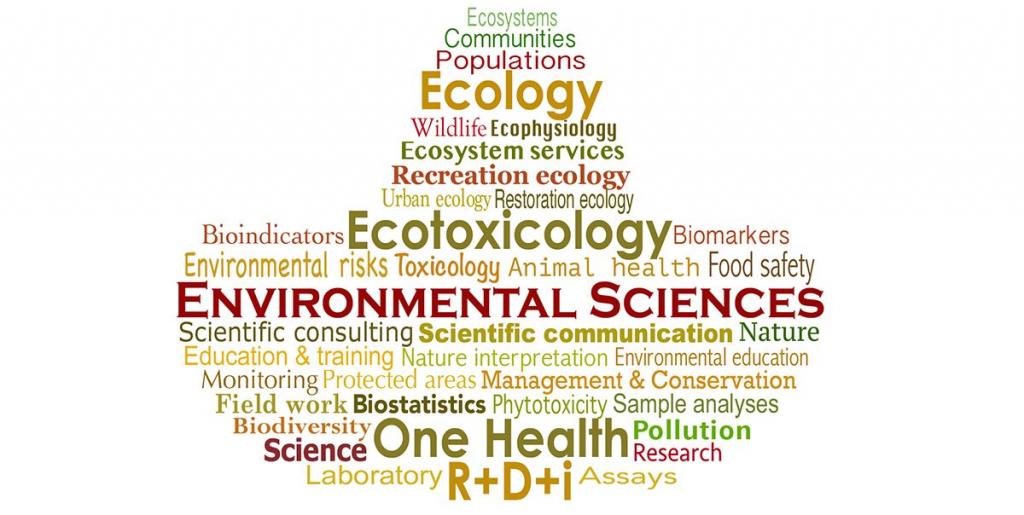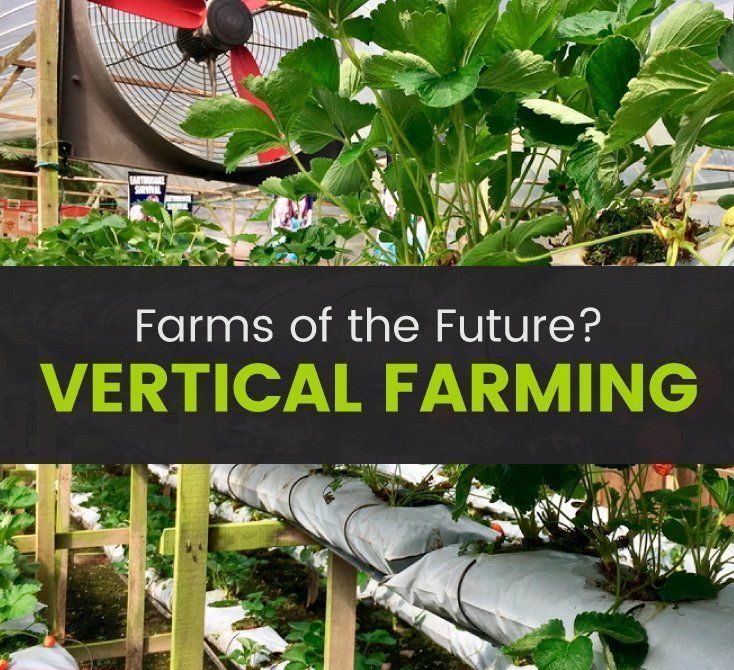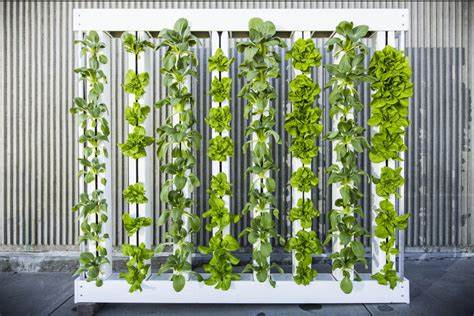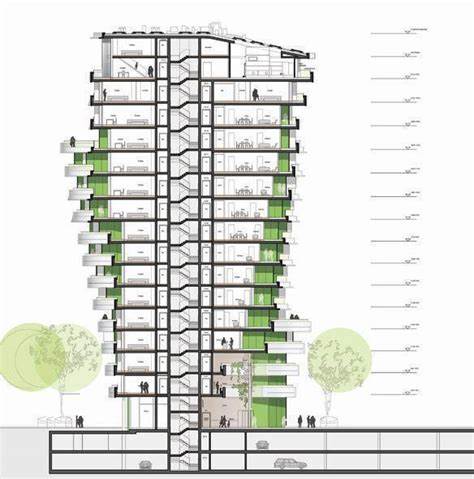Vertical Farms as Laboratories for Agricultural Research: Optimizing the Future of Agriculture Introduction Vertical farms have emerged as innovative laboratories for agricultural research, revolutionizing the traditional methods of crop cultivation. This article explores the relevance and importance of vertical farms as research facilities, delving into their potential to address global food security challenges and transform the agricultural industry. Historical Background While vertical farming has ancient roots, dating back to the Hanging Gardens of Babylon, modern vertical farming took shape in the early 20th century with the introduction of hydroponics and aeroponics. Significant milestones in the field include Dickson Despommier’s concept…
Author: sohailkhan2k22
Vertical Farming and the Revival of Local Food Economies: An Overview Introduction Vertical farming has gained significant attention in recent years as an innovative agricultural technique. This concept involves growing crops in vertically stacked layers, utilizing advanced technologies such as hydroponics, aeroponics, and artificial intelligence. On the other hand, the revival of local food economies aims to strengthen community-based food systems and reduce dependence on global supply chains. This article provides an overview of vertical farming and its relevance in addressing food security, sustainability, and economic resilience. Historical Background The modern concept of vertical farming emerged in the 20th century…
Vertical Farming: Revolutionizing Food Production for a Growing World Introduction Vertical farming has emerged as a groundbreaking solution to address the challenges posed by population growth. This innovative method of cultivating crops vertically, within controlled environments, holds tremendous potential for sustainable food production. By maximizing space and resources, vertical farming offers an exciting alternative to traditional agriculture. This article will delve into the concept of vertical farming, its historical background, key concepts, benefits, case studies, current trends, challenges, and future prospects. Historical Background While vertical farming may seem like a novel concept, its roots can be traced back to ancient…
Vertical Farms: Revolutionizing Agriculture with Drought-Resistant Crops Introduction Vertical farms and the quest for drought-resistant crops have emerged as crucial solutions in addressing the challenges of global food security and sustainability. This article delves into the historical background, key concepts, main discussion points, case studies, current trends and developments, challenges and controversies, future outlook, and the potential implications of these innovative approaches. By integrating vertical farms and drought-resistant crops, we can revolutionize agriculture and ensure a sustainable supply of food for future generations. Historical Background Vertical farming has its roots in ancient agriculture practices, such as the Hanging Gardens of…
Vertical Farming: Revolutionizing Sustainable Restaurants Introduction In today’s rapidly changing world, the concept of vertical farming has emerged as a game-changer in the context of sustainable restaurants. Vertical farming refers to the practice of growing crops in vertically stacked layers, utilizing techniques such as hydroponics, aeroponics, and aquaponics. With the potential to revolutionize the future of food production, vertical farming holds immense importance for sustainable restaurants, offering a myriad of benefits. Historical Background Vertical farming, although relatively new, has its roots in the early developments of agriculture. The concept can be traced back to the ancient Hanging Gardens of Babylon,…
Vertical Farms: Revolutionizing Agriculture for a Sustainable Future Introduction Vertical farms have emerged as a solution to address the pressing challenges of food security and environmental sustainability in our rapidly urbanizing world. By utilizing innovative cultivation methods and cutting-edge technologies, vertical farms have the potential to revolutionize the way we grow and consume food. In this article, we will explore the definition and purpose of vertical farms, their relevance in addressing food and environmental challenges, and the importance of bridging the gap between science and society in the context of vertical farms. Historical Background The concept of vertical farming can…
Emerging Technologies in Vertical Farming: Revolutionizing Sustainable Food Production Introduction Vertical farming has gained significant attention in the current global context due to its potential to revolutionize sustainable food production. This innovative agricultural practice involves growing crops in vertically stacked layers, utilizing minimal space and resources. The integration of emerging technologies has further enhanced the efficiency and productivity of vertical farming systems, making them a promising solution for future food production. The importance and interest in emerging technologies in vertical farming stems from the need to address the challenges faced by traditional agriculture, such as limited land availability, water scarcity,…
Vertical Farming Trends for the Next Decade Introduction Vertical farming is an innovative approach to agriculture that involves growing crops in vertically stacked layers. This method utilizes advanced technologies and controlled environments to optimize plant growth and maximize productivity. In the next decade, vertical farming is expected to play a crucial role in addressing the challenges of food security, resource scarcity, and environmental sustainability. This article explores the historical background, key concepts, main discussion points, case studies, current trends, challenges, and future outlook of vertical farming. Historical Background Vertical farming has its roots in ancient civilizations, where terraced farming was…
Reimagining Agriculture: Exploring the Potential of Vertical Farming Introduction Vertical farming presents a revolutionary approach to agriculture that has the potential to address the challenges associated with traditional farming methods. This article aims to provide a comprehensive and in-depth overview of vertical farming, delving into its historical background, key concepts and definitions, advantages and benefits, technological advancements, case studies, current trends and developments, challenges and controversies, future outlook, and references for further reading. Historical Background The concept of vertical farming can be traced back to the early 20th century, but it has undergone significant evolution over time. Pioneers such as…
Vertical Farming: Pioneers and Visionaries Leading the Way Introduction Vertical farming has emerged as an innovative approach to agriculture, driven by the need for sustainable food production in a rapidly urbanizing world. This article explores the relevance and importance of vertical farming, shedding light on its pioneers and visionaries who are leading the way. Historical Background Traditional farming methods have limitations in terms of land usage, water consumption, and seasonal productivity. Vertical farming has emerged as a solution to address these challenges. This section provides an overview of these limitations and highlights the historical milestones and key figures in the…
Vertical Farming: Revolutionizing Sustainable Agriculture Introduction Vertical farming is a cutting-edge agricultural practice that has gained significant attention in recent years. This article aims to provide an in-depth exploration of vertical farming by discussing its historical background, key concepts and definitions, main discussion points, case studies, current trends and developments, challenges and controversies, future outlook, and its overall contribution to sustainable agriculture. Historical Background The concept of vertical farming can be traced back to the early 20th century, with the work of American geologist Gilbert Ellis Bailey, who first proposed the idea of growing plants vertically in multistory buildings. However,…
Vertical Farming: Maximizing Crop Yield and Economic Growth Introduction Vertical farming is a revolutionary agricultural practice that involves growing crops in vertically stacked layers, utilizing indoor environments such as warehouses or skyscrapers. This method of farming has gained significant attention in recent years due to its potential to address various social and economic challenges. By maximizing land use and crop output, vertical farming has the potential to increase food production and alleviate food scarcity. Moreover, its resource-efficient and environmentally sustainable practices make it an attractive option for the future of agriculture. Historical Background The concept of vertical farming can be…
Vertical Farming and the Reimagining of Urban Landscapes: Addressing Global Challenges Introduction Vertical farming is a revolutionary concept that aims to maximize food production in urban areas by utilizing vertical space. This article explores the historical background, key concepts, benefits, technological innovations, environmental sustainability, case studies, current trends, challenges, and future outlook of vertical farming. By reimagining urban landscapes, this innovative approach offers solutions to food security, sustainability, and urbanization challenges. Historical Background Vertical farming has its roots in the early 20th century, envisioning cities with agricultural skyscrapers. Over time, urban landscapes have shifted from predominantly industrial to more diversified…
Vertical Farming: Revolutionizing Agriculture for a Sustainable Future Introduction Vertical Farming has emerged as a groundbreaking solution to address the challenges of global food security and sustainability. By harnessing advanced cultivation techniques and modern technology, Vertical Farming maximizes land use efficiency, reduces resource consumption, and ensures year-round crop production. This article provides a comprehensive overview of Vertical Farming, from its historical background to current trends and developments, as well as the challenges and controversies associated with this innovative agricultural practice. Historical Background The concept of Vertical Farming dates back to ancient times, with early experiments conducted by civilizations such as…
Vertical Farming: Revolutionizing Food Production for a Sustainable Future Introduction Vertical farming and controlled environment agriculture have emerged as innovative solutions to address the challenges of food security and sustainability. By growing crops in vertically stacked layers, often in urban environments, these practices optimize resource utilization and minimize the environmental impact of traditional farming methods. Historical Background The concept of vertical farming can be traced back to the Hanging Gardens of Babylon, one of the Seven Wonders of the Ancient World. However, it wasn’t until the advent of modern technology and advancements in hydroponics and aeroponics that vertical farming gained…
Vertical Farming: Revolutionizing Sustainable Agriculture for Greener, Healthier Cities Introduction Vertical farming has emerged as a cutting-edge solution for creating greener, healthier cities in the face of rapid urbanization and environmental challenges. This innovative agricultural practice utilizes vertical space to cultivate crops indoors, without the need for traditional soil-based farming methods. In this article, we will explore the significance of vertical farming in terms of sustainable agriculture and urban development. Historical Background The concept of vertical farming can be traced back to the early 20th century, with the work of botanist and inventor, George Washington Carver. However, it was not…
Vertical Farms and the Circular Economy: Closing the Food Loop Introduction The concept of vertical farming has gained significant attention in recent years for its potential to revolutionize food production. Vertical farms utilize vertical space and advanced technology to offer a sustainable solution to the challenges of traditional agriculture. This article explores the integration of vertical farms into the circular economy, highlighting their relevance and importance in creating a closed-loop food system. Historical Background Evolution of Vertical Farming Vertical farming has its roots in the early 20th century when scientists and inventors began experimenting with growing plants indoors using artificial…
Introduction Vertical farms have gained significant attention due to their potential to address the challenges of food supply chains. This article explores the importance of vertical farms in ensuring resilient food supply chains and their relevance in the context of global food security and sustainability. Historical Background Traditional farming methods have evolved over centuries, but they face limitations in meeting the increasing demand for food. Vertical farming has emerged as a viable solution, utilizing innovative techniques to maximize production in limited spaces. Additionally, the role of food supply chains in historical famines or crises highlights the need for resilient systems.…
Vertical Farming: Revolutionizing Agriculture for a Sustainable Future Introduction In recent years, the concept of vertical farming has gained significant attention as a solution to address pressing global challenges such as food security, sustainability, and urbanization. By utilizing innovative techniques and technologies, vertical farming aims to cultivate crops in vertically stacked layers, thus maximizing space and resources. This article explores the historical background, key concepts, benefits, challenges, and future outlook of vertical farming, as well as its integration with the philosophy of local food movements. Historical Background Vertical farming has its roots in the early 20th century, with the work…
Vertical Farming: Challenging Conventional Agriculture Practices Introduction Vertical farming has gained significant attention in recent years as a revolutionary concept in agriculture. By utilizing vertical space in urban environments, this innovative farming method aims to overcome the limitations of traditional agriculture practices. This article explores the relevance and importance of vertical farming in addressing the challenges faced by conventional farming methods. Historical Background To understand the significance of vertical farming, it is crucial to examine its historical background. The concept of vertical farming can be traced back to the ancient Hanging Gardens of Babylon, where plants were cultivated in terraced…



